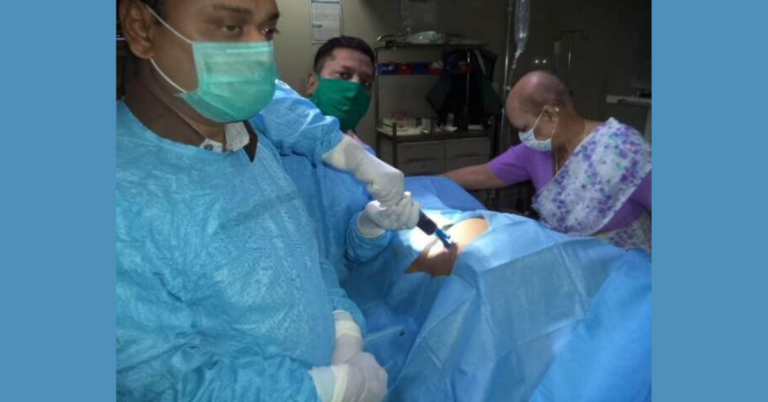Immunological Considerations for International Cricket Travel: All panel mahadev, Mahadev book login, Allpanel login
all panel mahadev, mahadev book login, allpanel login: Cricket is a sport loved by millions around the world, with players and fans alike traveling across international borders to enjoy the game. However, international travel comes with its own set of challenges, including potential immunological considerations that players need to be aware of. In this blog post, we will explore some of the key immunological considerations for international cricket travel.
Traveling to different countries for cricket matches exposes players to a variety of pathogens that they may not encounter in their home country. This can increase the risk of infectious diseases, which can impact players’ performance and overall health. It is essential for players and teams to take precautions to minimize these risks and ensure a smooth and successful trip.
1. Vaccinations and Immunizations
Before traveling to a new country, players should ensure that they are up to date on all recommended vaccinations and immunizations. This can help protect them against common infectious diseases in the destination country and reduce the risk of illness during their trip. Some countries may require specific vaccinations for entry, so it is essential to check the local health guidelines and regulations before traveling.
2. Hygiene Practices
Maintaining good hygiene practices is crucial for preventing the spread of infectious diseases. Players should wash their hands regularly with soap and water, especially before eating or touching their face. It is also essential to avoid sharing personal items with others, such as water bottles or towels, to reduce the risk of infection.
3. Food and Water Safety
Eating and drinking contaminated food and water can lead to gastrointestinal infections, which can be particularly debilitating for athletes. Players should only consume food and beverages from reputable establishments and avoid street food or untreated water. It is also advisable to carry a supply of bottled water to ensure hydration during matches and training sessions.
4. Respiratory Infections
Respiratory infections, such as the flu or common cold, can spread quickly in close quarters, such as team buses or locker rooms. Players should practice good respiratory hygiene by covering their mouth and nose with a tissue when coughing or sneezing. It is also essential to avoid close contact with individuals who are visibly ill to reduce the risk of infection.
5. Jet Lag and Immune Function
Traveling across multiple time zones can disrupt players’ circadian rhythms and impact their immune function. Jet lag can weaken the immune system, making players more susceptible to infections. To minimize the effects of jet lag, players should try to adjust their sleep schedule before traveling, stay hydrated during the flight, and get plenty of rest upon arrival.
6. Altitude and Climate Considerations
Playing cricket at high altitudes or in extreme climates can also affect players’ immune function. Altitude sickness can cause symptoms such as headaches, nausea, and fatigue, while extreme heat or cold can put additional stress on the body. Players should acclimatize to the altitude if necessary and take measures to stay cool or warm during matches as needed.
FAQs:
Q: Do cricket players need to get specific vaccinations before traveling internationally?
A: It is advisable for cricket players to consult with a healthcare provider or travel medicine specialist to assess their vaccination needs based on their destination and individual health status.
Q: How can players protect themselves from respiratory infections while traveling?
A: Players should practice good respiratory hygiene, such as covering their mouth and nose when coughing or sneezing, and avoid close contact with individuals who are ill.
Q: What should players do to minimize the effects of jet lag on their immune function?
A: Players can try to adjust their sleep schedule before traveling, stay hydrated during the flight, and get plenty of rest upon arrival to minimize the effects of jet lag on their immune function.
In conclusion, international cricket travel presents various immunological considerations that players and teams need to address to ensure a successful and healthy trip. By taking proactive measures, such as getting vaccinations, practicing good hygiene, and staying hydrated, players can minimize the risk of infectious diseases and focus on their performance on the field. Safe travels and good luck to all cricket teams embarking on international tours!







